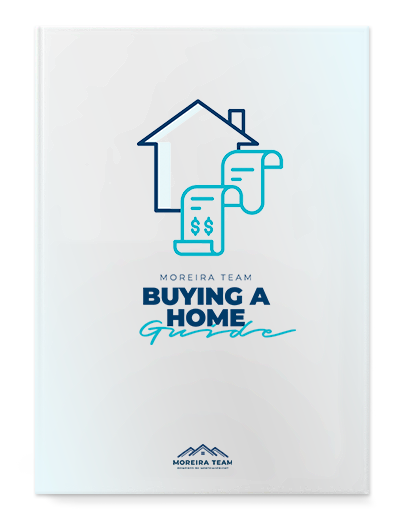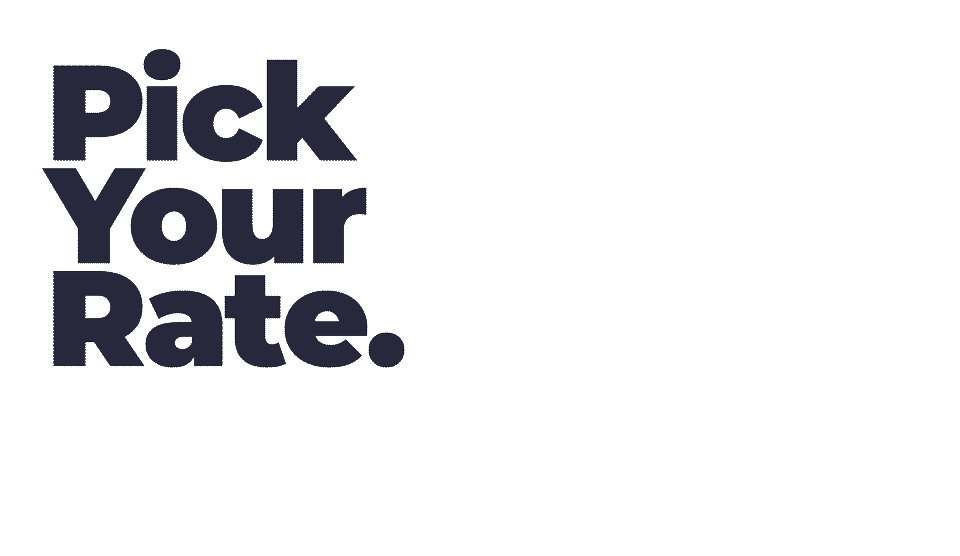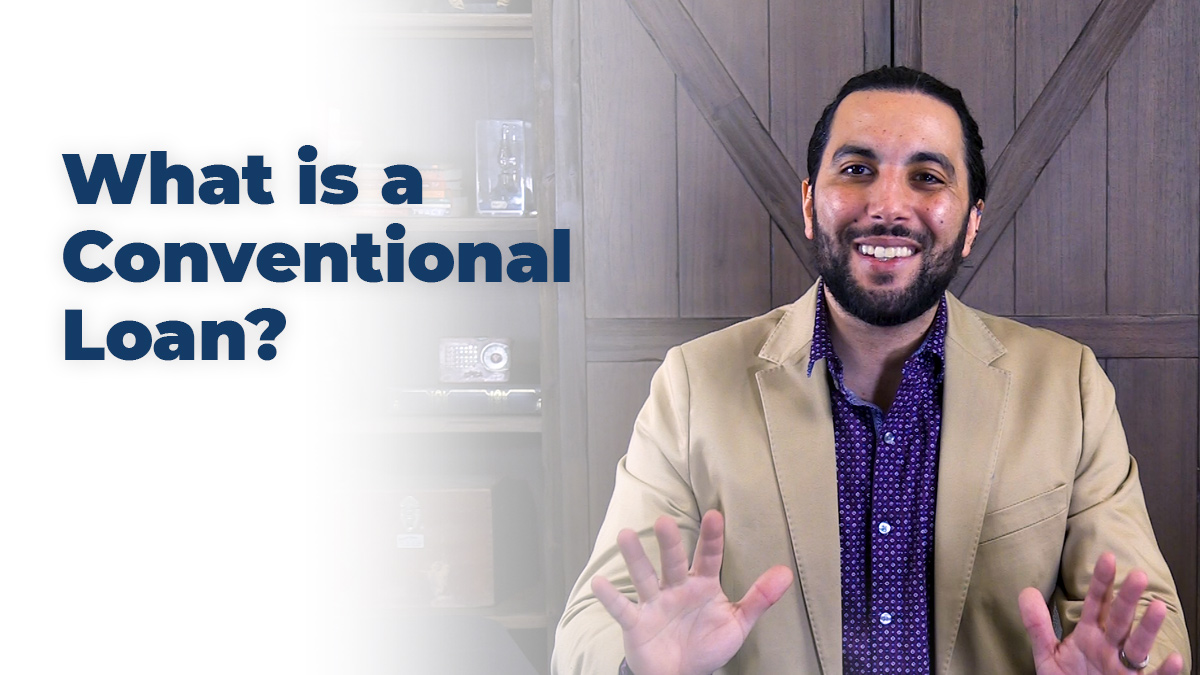In this article
A conventional loan is the most standard and widely available type of mortgage that doesn’t come with government backing or special eligibility requirements. When people think of a typical mortgage, they are often referring to a conventional home loan. Due to their widespread availability and competitive interest rates, conventional loans are a popular choice for purchasing a home. They are used for various types of properties, including primary residences, second homes, and investment properties.
Today’s Conventional Rates

What is a conventional loan?
A conventional loan is a mortgage that is not backed by the government, unlike an FHA, VA or USDA mortgages. One of the key advantages of a conventional loan is their relatively low down payment requirement, which can be as low as 3% to 5% of the home’s purchase price. Additionally, borrowers with a credit score of 620 or higher can qualify for these loans, making them accessible to a broad range of homebuyers.
Should you get a conventional loan?
Applying for a conventional purchase loan can have several advantages and may be a good choice for certain borrowers.
Here are some reasons why you might apply for a conventional purchase loan:
Eligibility: To pursue a conventional purchase, prospective homebuyers must meet certain eligibility criteria set by lenders. This typically includes having a good credit score, a stable income, and the ability to make a down payment, among other factors.
Down Payment: Conventional loans often require a down payment, with 20% down being the traditional benchmark to avoid private mortgage insurance (PMI). However, many lenders offer conventional loans with down payments as low as 3% to 5%, though PMI may be required with lower down payments.
Good Credit: Conventional loans typically require a higher credit score compared to government-backed loans. If you have a strong credit history and a good credit score, you may qualify for a lower interest rate with a conventional loan. This can result in lower monthly payments and potentially lower overall costs over the life of the loan.
Loan Limits: Conventional loans have higher loan limits than government-backed loans, allowing you to purchase more expensive properties. The specific loan limits may vary by location and can change annually.
No Upfront Funding Fee: FHA and VA loans often require borrowers to pay an upfront funding fee as part of the loan closing costs. Conventional loans do not have this fee, which can save you money at the time of purchase.
No Property Restrictions: Conventional loans do not have restrictions on the type of property you can buy, as long as it meets general loan requirements. In contrast, FHA loans have property eligibility requirements, and VA loans are specifically for eligible veterans and their families.
Refinancing Options: If you plan to refinance your mortgage in the future, having a conventional loan may offer more options and flexibility for refinancing, including cash-out refinancing or removing PMI when you have sufficient equity in your home.
Competitive Rates: Conventional loans often have competitive interest rates, especially if you have a strong credit profile.
Mortgage Insurance Options: While conventional loans may require PMI if your down payment is less than 20%, you have the option to cancel PMI once your loan-to-value ratio reaches 80% or less. This flexibility can lead to lower overall costs over time.

7 Steps to Buying a House
Check this Guide Out! It is a must read if you are about to buy a house.
See GuideHow does a conventional loan work?
Many potential home buyers are under the impression that it is difficult to qualify for conventional mortgages, especially when their financial affairs are less than perfect. But that is not really the truth.
Similar to the “easy” government-backed loans, the process of qualifying for one of the conventional mortgage loans is flexible. The standards that apply to successfully qualify for conventional loans may be slightly higher when compared to VA or FHA loans, but they are also forgiving which enables most buyers of homes to qualify.
Who qualifies for conventional purchase loan?
In order to qualify for a conventional loan, you must meet the following criteria:
- 3%-5% down payment
- Good work history
- Verifiable income
- Credit score of 620+
- Assets to cover closing costs
Conventional loans are the go-to mortgage option for many people due to their broad accessibility, reasonable down payment requirements, and competitive interest rates, making them a common choice for homeowners and homebuyers.

A conventional purchase loan offers flexibility and is widely used for buying various types of properties, including primary residences, second homes, and investment properties. It’s essential for prospective homebuyers to understand the terms/costs associated with the loan to make the best decision for their financial situation and homeownership goals. Consulting with one of our mortgage advisors will help you make informed decisions about how the conventional purchase loan works.

Are You Ready to Make a Move?
It's FREE and takes less than a minute to see what you could get.
